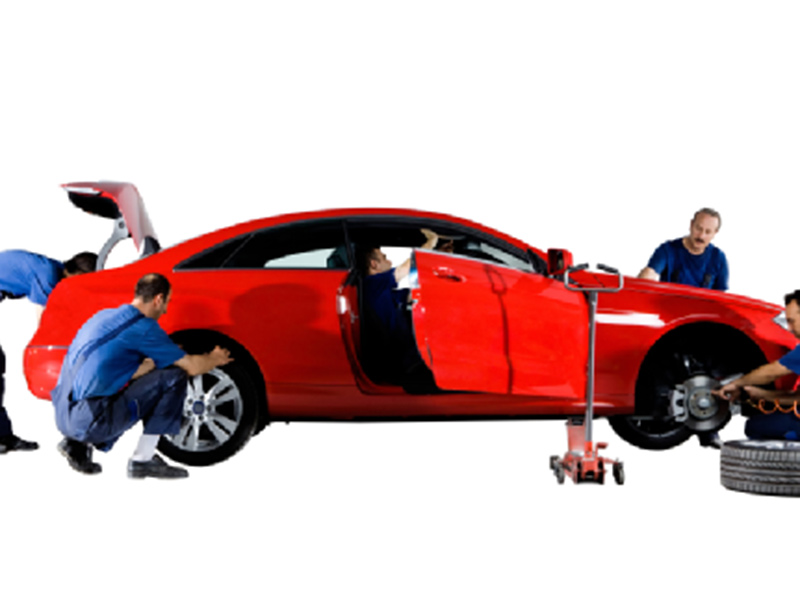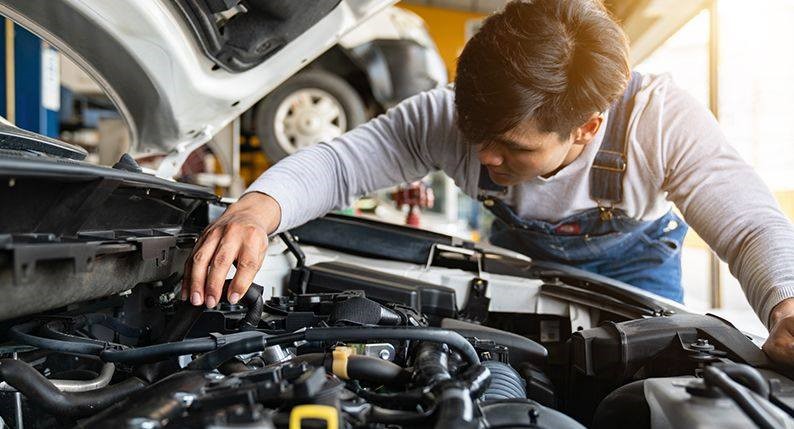All Categories
Featured
Automotive repair service insurance coverage is an essential consideration for many lorry owners who intend to secure themselves versus unanticipated fixing expenses. Comprehending the details of this insurance coverage and just how it functions can aid you make an enlightened decision about whether it's best for you.
![]()
What Is Automotive Repair Insurance?
Automotive repair insurance policy, additionally referred to as mechanical failure insurance coverage (MBI), is a sort of protection that helps pay for non-accident-related car repairs. This insurance coverage normally covers major mechanical failures, making it unique from conventional automobile insurance, which concentrates on responsibility, collision, and comprehensive protection.
What Does It Cover?
The protection supplied by vehicle repair service insurance policy frequently includes:
Engine Parts: Such as the fuel pump, camshaft, and valves.
Transmission Equipments: Including clutches, torque converters, and transmissions.
![]()
Electric Solutions: Dealing with repairs for batteries, sensing units, and generators.
Air Conditioning Equipments: Such as radiators, water pumps, and cooling fans.
Air Conditioning and Home heating: Treatment compressors, condensers, and related components.
Omitted things typically include routine maintenance, normal deterioration (like brakes and tires), and damages brought on by neglect or accidents.
Who Should Consider Automotive Repair Work Insurance Policy?
Automotive fixing insurance policy is not a requirement for every single vehicle driver, yet it can be valuable for:
Owners of Older Cars: Older vehicles with run out service warranties are most likely to face significant repair work.
Deluxe Car Drivers: Premium designs typically feature costly repair work needs that can strain your spending plan.
Constant Drivers: High gas mileage increases the risk of mechanical failing, making insurance policy a clever option.
![]()
Advantages of Automotive Repair Service Insurance
Price Cost savings: Assists minimize the economic concern of costly fixings.
Comfort: Gives reassurance that you're prepared for unexpected concerns.
Customizable Plans: Many insurance providers offer policies customized to certain needs and spending plans.
Benefit: Some strategies include roadside help and towing solutions.
What to Try to find in a Plan
Prior to purchasing auto fixing insurance policy, review these variables:
Coverage Boundaries: Make sure the plan covers significant systems and components that are most likely to require fixings.
Exemptions: Comprehend what's not covered to prevent surprises.
Case Refine: Check whether the insurance provider has a uncomplicated and quick insurance claims process.
Authorized Repair Service Shops: Verify if you're limited to specific service facilities.
Deductibles: Know just how much you'll require to pay out-of-pocket prior to the insurance policy kicks in.
Is It Worth the Price?
The value of automotive fixing insurance depends on your car's age, reliability, and your financial circumstance. For newer lorries, expanded service warranties may give appropriate insurance coverage, making additional insurance coverage unneeded. For older or high-mileage vehicles, fixing insurance can save you substantial money in the lengthy run.
Final Thought
Automotive repair insurance coverage supplies a safeguard for lorry owners, especially those worried about unforeseen repair work prices. By completely looking into plans and comprehending your automobile's particular needs, you can determine if this insurance coverage straightens with your economic goals and driving behaviors. For optimal protection, set repair work insurance with regular maintenance to ensure your car stays in top problem.

What Is Automotive Repair Insurance?
Automotive repair insurance policy, additionally referred to as mechanical failure insurance coverage (MBI), is a sort of protection that helps pay for non-accident-related car repairs. This insurance coverage normally covers major mechanical failures, making it unique from conventional automobile insurance, which concentrates on responsibility, collision, and comprehensive protection.
What Does It Cover?
The protection supplied by vehicle repair service insurance policy frequently includes:
Engine Parts: Such as the fuel pump, camshaft, and valves.
Transmission Equipments: Including clutches, torque converters, and transmissions.

Electric Solutions: Dealing with repairs for batteries, sensing units, and generators.
Air Conditioning Equipments: Such as radiators, water pumps, and cooling fans.
Air Conditioning and Home heating: Treatment compressors, condensers, and related components.
Omitted things typically include routine maintenance, normal deterioration (like brakes and tires), and damages brought on by neglect or accidents.
Who Should Consider Automotive Repair Work Insurance Policy?
Automotive fixing insurance policy is not a requirement for every single vehicle driver, yet it can be valuable for:
Owners of Older Cars: Older vehicles with run out service warranties are most likely to face significant repair work.
Deluxe Car Drivers: Premium designs typically feature costly repair work needs that can strain your spending plan.
Constant Drivers: High gas mileage increases the risk of mechanical failing, making insurance policy a clever option.

Advantages of Automotive Repair Service Insurance
Price Cost savings: Assists minimize the economic concern of costly fixings.
Comfort: Gives reassurance that you're prepared for unexpected concerns.
Customizable Plans: Many insurance providers offer policies customized to certain needs and spending plans.
Benefit: Some strategies include roadside help and towing solutions.
What to Try to find in a Plan
Prior to purchasing auto fixing insurance policy, review these variables:
Coverage Boundaries: Make sure the plan covers significant systems and components that are most likely to require fixings.
Exemptions: Comprehend what's not covered to prevent surprises.
Case Refine: Check whether the insurance provider has a uncomplicated and quick insurance claims process.
Authorized Repair Service Shops: Verify if you're limited to specific service facilities.
Deductibles: Know just how much you'll require to pay out-of-pocket prior to the insurance policy kicks in.
Is It Worth the Price?
The value of automotive fixing insurance depends on your car's age, reliability, and your financial circumstance. For newer lorries, expanded service warranties may give appropriate insurance coverage, making additional insurance coverage unneeded. For older or high-mileage vehicles, fixing insurance can save you substantial money in the lengthy run.
Final Thought
Automotive repair insurance coverage supplies a safeguard for lorry owners, especially those worried about unforeseen repair work prices. By completely looking into plans and comprehending your automobile's particular needs, you can determine if this insurance coverage straightens with your economic goals and driving behaviors. For optimal protection, set repair work insurance with regular maintenance to ensure your car stays in top problem.
Latest Posts
Change Your Home with Top Quality Floor Covering Solutions
Published Apr 05, 25
1 min read
Simplify Your Life with Elegant Shower Walls
Published Apr 05, 25
1 min read
Roofing Maintenance Tips for Commercial Home Owners
Published Apr 05, 25
1 min read